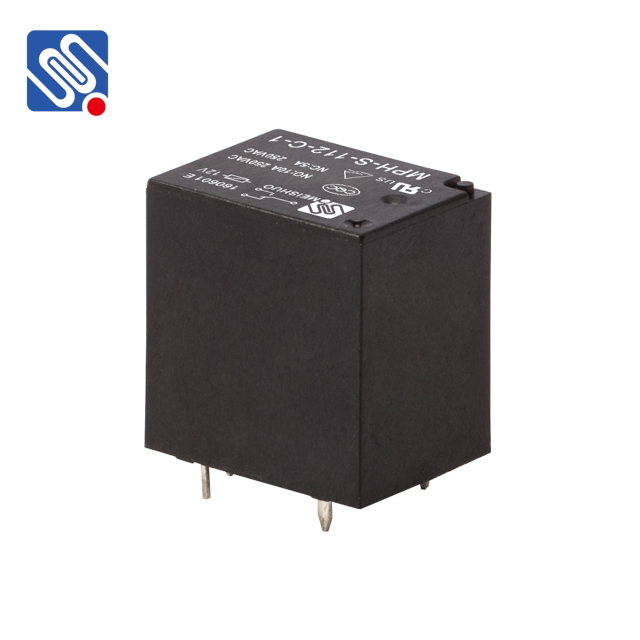relay functional testing: a key to ensuring system reliability with meishuo solutions
Release time:2025-06-09 21:22:28
Relay functional testing is an essential process in the maintenance and commissioning of electrical systems, ensuring that relays, which serve as critical components for controlling circuits, perform accurately and reliably. This type of testing aims to confirm that relays react as expected to various fault conditions and that their operational characteristics align with the specific needs of the system. For industries such as power generation, distribution, and industrial automation, where safety and operational integrity are paramount, robust testing is indispensable. In this article, we will discuss the importance of relay functional testing and highlight the innovative solutions provided by Meishuo in streamlining and improving this process.

The Importance of Relay Functional Testing
Relays serve a crucial role in protecting electrical systems from faults. They detect abnormalities, such as overcurrent, voltage surges, or underfrequency, and activate circuit breakers to prevent further damage to equipment. Given their vital function, it is critical to ensure that relays operate correctly under various conditions. Relay functional testing is carried out to evaluate the response time, sensitivity, and operational accuracy of these devices.
Functional tests typically simulate real-world conditions that a relay might encounter in its environment. These tests include checking the relay’s response to different fault levels, its time delay, and its ability to reset properly. By performing these tests, engineers can identify and fix potential issues before they escalate into more significant, costly problems. Additionally, relay functional testing is crucial during the commissioning phase of a new system, as it ensures that the relays are set up correctly and will work as expected during operation.

